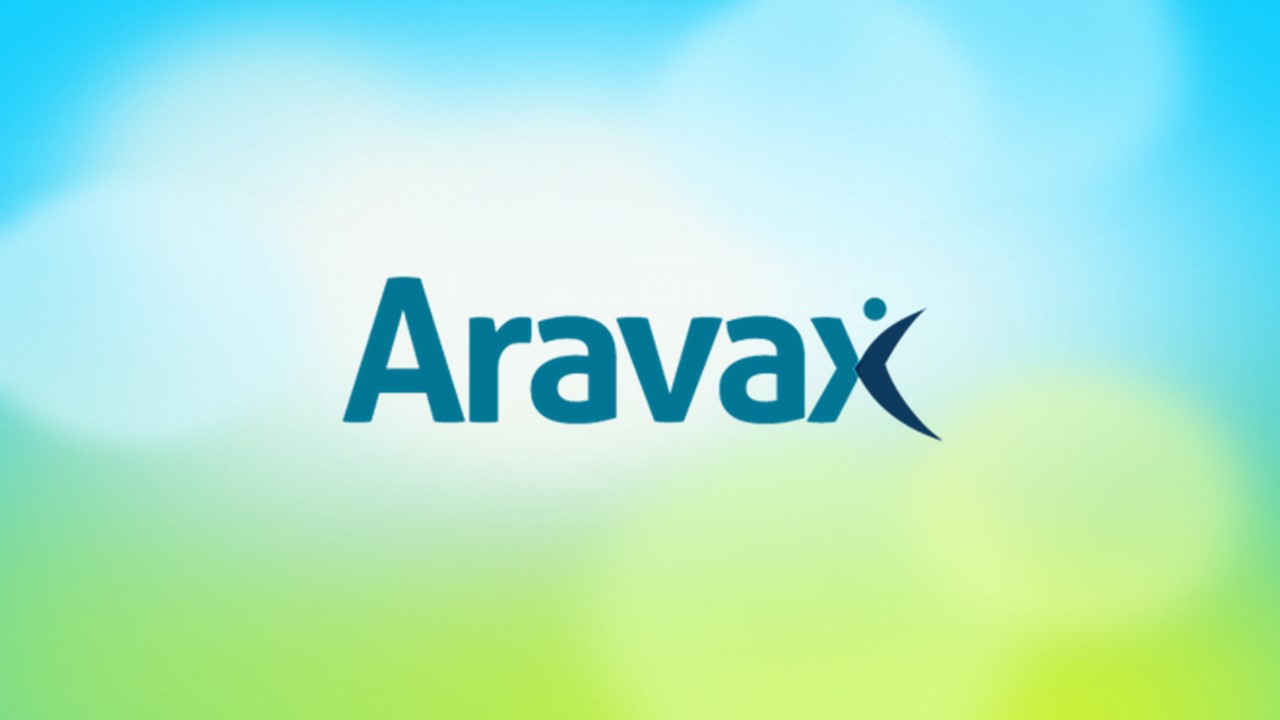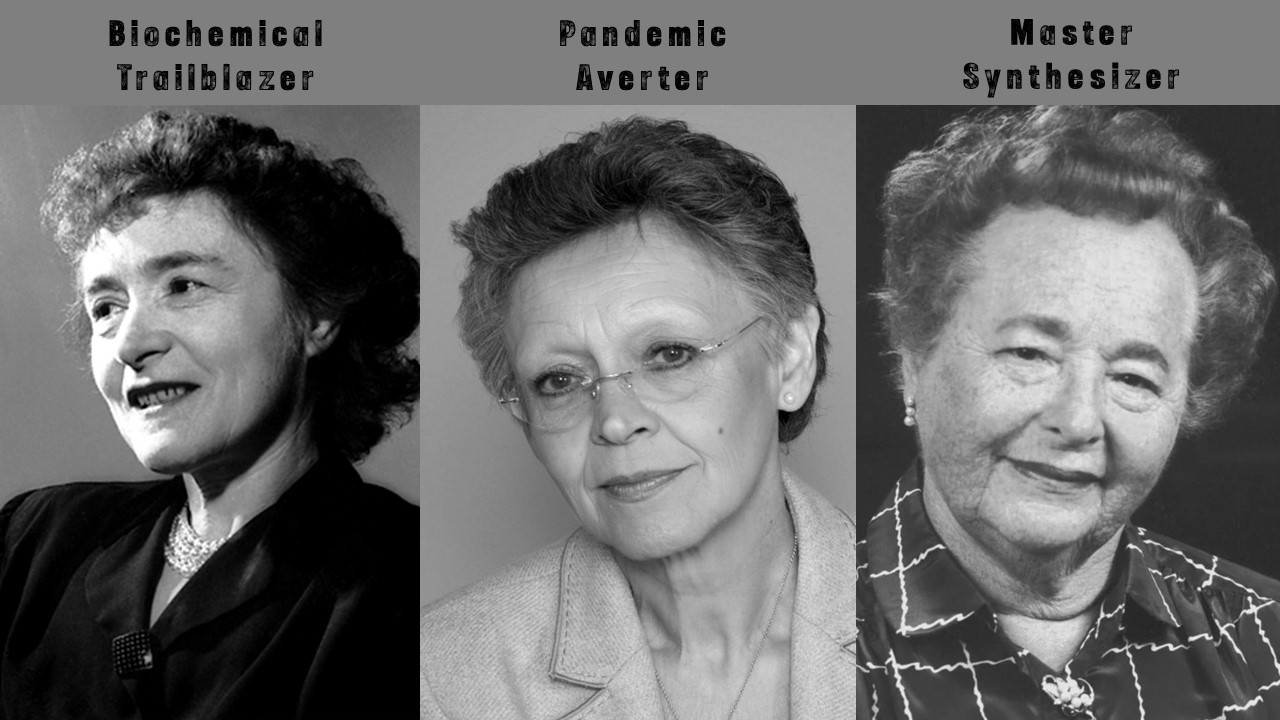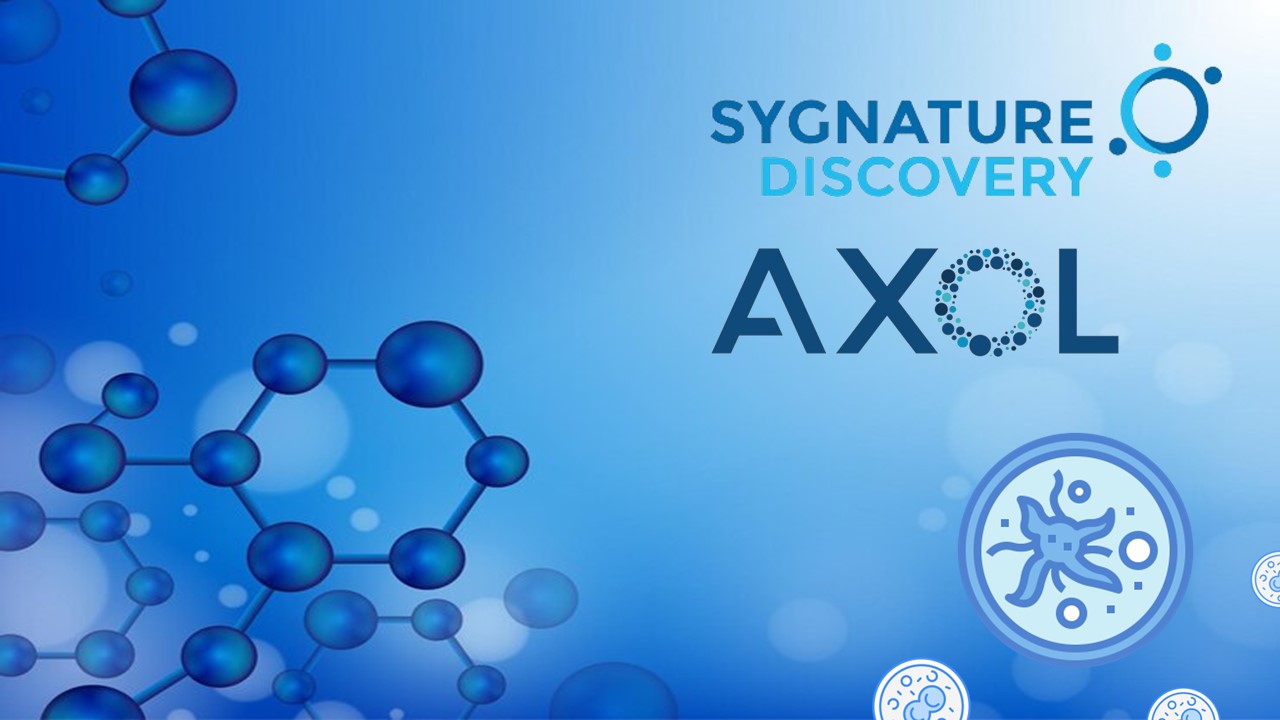
This week in pharmaceutical investments, Sanofi acquires Translation Bio to boost its mRNA capabilities; and Bayer agrees to acquire Vividion Therapeutics for almost $2 billion.
Sanofi Acquires Translate Bio in Move to Boost mRNA Capabilities
A definitive agreement has been reached, under which Sanofi will acquire Translate Bio for approximately $3.2 billion. Under terms of the agreement, Sanofi will gain access to Translate Bio’s mRNA technology to deploy across their vaccines programme and therapeutic developments.
Translate Bio is a clinical-stage mRNA therapeutics company, whose technology could potentially be applied broady to a wide range of diseases – including those that affect the liver, a particular challenge for drug development due to metabolic implications.
This is not the first time the companies have interacted, having entered a collaboration and exclusive license agreement to develop mRNA vaccines which was further expanded in 2020 to address the current situation and future infectious diseases.
In a Sanofi press release, the value of Translate Bio’s mRNA technology was echoed throughout, emphasising that it is a “fully owned platform that allows [Sanofi] to develop additional opportunities in the fast-evolving mRNA space… and accelerate our existing partnered programs already under development”.
RNA therapeutics is a rapidly expanding area in the drug development space, and this acquisition will potentially see Sanofi become a big player in RNA R&D across a wide range of therapeutic areas and consequently see the future commercialisation of breakthrough therapies.
Abcam Secures the Acquisition of BioVision in Deal for $340 Million
Protein producer and distributor Abcam has officially acquired California-based BioVision for $340 million. The deal represents an opportunity for Abcam to better serve their customer base by securing a “proven portfolio of high-quality products, including a leading portfolio of biochemical and cell-based assay kits” according to the Abcam CEO.
BioVision is officially being purchased from its parent company, Boai NKY Medical Holdings, who have signed a memorandum of understanding about the formation of a partnership under which Abcam will supply the parent company with products and services to support the development and commercialisation of in vitro diagnostics.
The acquisition of BioVision allows Abcam to bring its largest third party suppliers in-house, which reduces the cost of outsourcing significantly and is relatively more convenient. In a recent press release, Abcam stated how the partnership will focus on driving the company’s “strategic execution and focus on in-house innovation and products in the complementary biochemical and cell-based assay market”.
In terms of what the companies hope to achieve, there are a number of key milestones including the expansion of their portfolio and leveraging Abcam’s global market and alignment with existing areas of research focus like neuroscience and epigenetics. The impact of this could create ripple effects in the market of biochemical resources, with the expansion of BioVision on a global scale.
Bayer pays $2 billion in Vividion Therapeutics acquisition
Bayer has agreed to pay almost $2 billion to acquire Vividion Therapeutics, a company focusing on drug development using protein surface screening.
The company said it was acquiring Vividion to increase its pipeline with new first-in-class drug candidates that are able to target challenging proteins.
Today, 90% of proteins involved in disease are unable to be targeted by current therapies, due to a lack of known sites for drugs to bind to. The technology employed by Vividion’s platform uses a combination of chemoproteomics, chemistry and biology to find drug targets in these proteins.
In April 2020, Vividion made a deal with Roche to complete a preclinical data package for a difficult-to-drug cancer target, and is currently eligible for several billion dollars in payments related to further milestones for the deal.
The company also has a partnership deal with BMS in immunology and oncology, and has several programs ongoing in NRF2 inhibitors in cancer, NRF2 inflammatory disease, and a STAT3 targeted program for inflammatory diseases and cancer.
Bayer will gain full rights to Vividion’s chemoproteomic screening platform, data portal and chemistry library under the deal. Otherwise, Vividion is set to continue running an independent company using Bayer’s experience and infrastructure in support.
Joshua Neil, Editor
Proventa International
Subscribe
to get our
LATEST NEWS
Related Posts

Leadership, Trends & Investments
Aravax Continues International Expansion with Appointment of Aled Williams as Chief Business Officer
Aravax announces the appointment of Alex Williams as Chief Business Officer.

Leadership, Trends & Investments
The Immigrant, The Career-Undecided, and The Supermarket Supervisor-turned-Scientist
Learn more about the 1947, 1988, and 2008 Physiology or Medicine Female Nobel Laureates.
Read More Articles
Myosin’s Molecular Toggle: How Dimerization of the Globular Tail Domain Controls the Motor Function of Myo5a
Myo5a exists in either an inhibited, triangulated rest or an extended, motile activation, each conformation dictated by the interplay between the GTD and its surroundings.













